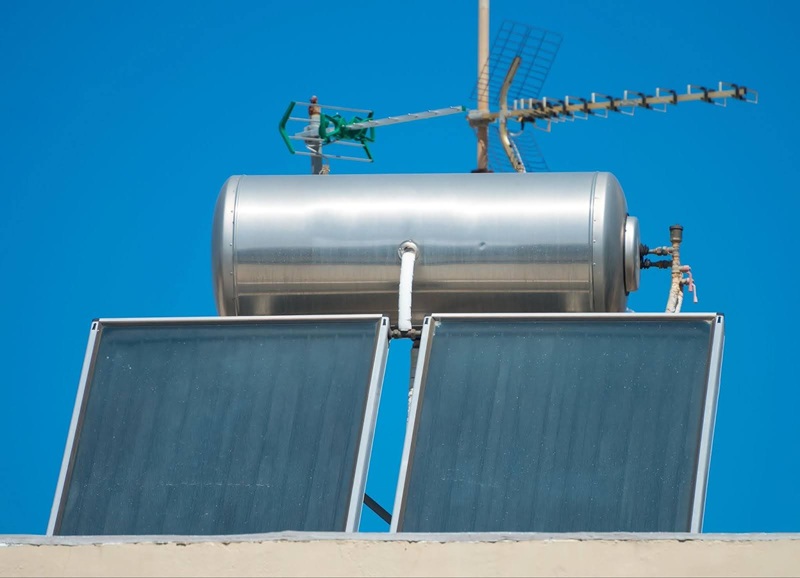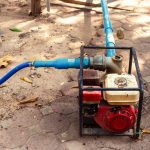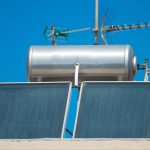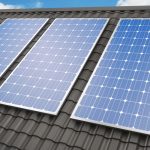Choosing the Right Hot Water System for Your Australian Home

Choosing the right hot water system for your home isn’t just a box to tick during renovations — it’s an investment that affects your comfort, your energy bills, and how smoothly your household runs day to day. For many Australian homes, the decision can feel a bit like navigating a hardware aisle packed with options: everything looks useful, but only one setup truly fits what you need.
Australia’s climate, from humid coasts to chilly inland mornings, plays a big role in how well different hot water systems perform. Household size also matters more than people realise — a couple in a small home doesn’t have the same hot water rhythm as a busy family juggling back-to-back showers, dishes, and laundry. So before you make the call, it’s worth understanding the options clearly and considering the question every homeowner eventually asks: what type of hot water system do I need for my home’s needs?
Below is a breakdown of system types, considerations, and practical advice tailored for Australian households.
Understanding Different Types of Hot Water Systems
In Australia, hot water systems can primarily be categorised into electric, gas, solar, and heat pump systems.
Electric systems are straightforward and traditionally the most common. They often have a lower upfront cost and are easy to install, making them a popular choice for smaller homes. However, they can be less efficient over time and subject to high running costs, especially with rising electricity prices.
Gas systems offer a more efficient alternative, typically heating water more quickly than electric systems. They’re suited to larger households due to their ability to provide continuous hot water. The downside? They require a natural gas connection, which may not be available in all areas, particularly remote or rural regions.
Solar hot water systems harness renewable energy from the sun, making them an environmentally friendly choice. While they have high initial installation costs, they offer significant long-term savings due to reduced energy consumption. These systems work best in sunny regions, though they often include gas or electric boosters to ensure reliability during cloudy periods.
Heat pump systems, somewhat resembling reverse air conditioners, extract heat from the air to heat water. They are highly energy-efficient and suitable for most climates except extremely cold regions. The initial investment can be significant, but government rebates often help offset costs, and the energy savings over time can be impressive.
The choice between these systems should weigh the geographic location and climate conditions. Initial costs and long-term energy savings are crucial factors in selecting the system that aligns best with one’s needs.
Factors to Consider When Choosing a Hot Water System
When selecting a system, it’s not just about price. Several practical factors ensure the system actually fits your household and lifestyle.
Energy Efficiency and Operating Costs
Look at the energy rating and expected running costs. A system that’s cheaper upfront might end up more expensive to operate over 10 or 15 years. Energy-efficient systems qualify for rebates, which can significantly reduce the purchase price.
Household Size and Hot Water Demand
A two-person household has very different hot water patterns compared to a family of five. Think about peak usage times — are multiple showers and appliances running at once? If so, you’ll need something that can keep up without dropping temperature halfway through.
Space and Installation Requirements
Where the system will sit matters:
- Solar needs roof space with good sun exposure.
- Heat pumps need ventilation.
- Gas systems require a safe installation point and compliant fittings.
Before buying, always check the installation space and what modifications (if any) are needed.
Your Budget — Upfront and Long Term
Some systems cost more initially but save thousands over the years. Others are cheaper to install but cost more to run. The goal is to balance both so you’re not paying extra — either now or later — for no real benefit.
Most homeowners ask themselves, “What type of hot water system do I need if I want long-term savings but also an affordable install?” The answer depends on your energy usage, climate, and ability to invest upfront.
Energy Efficiency and Environmental Impact
Australia is pushing for more energy-efficient homes, and hot water systems are a big part of that. Solar and heat pump systems typically offer the lowest carbon footprint. Choosing one of these can reduce household emissions while lowering your energy bills.
Small changes like setting an appropriate thermostat temperature, maintaining your system, and using timers can also improve efficiency regardless of the system type.
Cost Analysis: Initial Investment Vs. Long-term Savings
While electric systems generally offer less expensive initial costs, the ongoing expenses can be burdensome. In contrast, solar and heat pump systems demand higher upfront investment but provide substantial savings over their lifespan. Maintenance costs should also be considered, as they differ widely among system types.
Warranties and service life are essential aspects; a longer warranty usually indicates a reliable product. Balancing cost, efficiency, and reliability becomes part of finding a system that meets both immediate and future needs.
Finding the Right Installer and Maintenance Tips
Choosing a certified and experienced installer guarantees that the system operates optimally from the get-go. In the long run, regular maintenance is crucial for efficient operation.
Common maintenance tasks include checking for leaks, cleaning components, and inspecting pressure relief valves. These should be carried out at least annually, if not more frequently, depending on usage.
Signs your hot water system may need repair or replacement include inadequate hot water supply, water that’s too hot or too cold, unusual noises from the system, or discoloured water.
Final Wrap-Up: Choose the Right System With Confidence
Selecting a hot water system becomes much easier when you weigh up climate, household size, installation needs, and long-term costs. Whether you’re replacing an ageing unit or building a new home, taking time to evaluate your options ensures comfort, efficiency, and savings for years ahead.
If you’re still wondering “what type of hot water system do you need for your home?”, consider reaching out to a licensed installer who can assess your property and recommend the best fit. A well-chosen system is one of the smartest upgrades you can make — and your future energy bills will thank you for it.






























